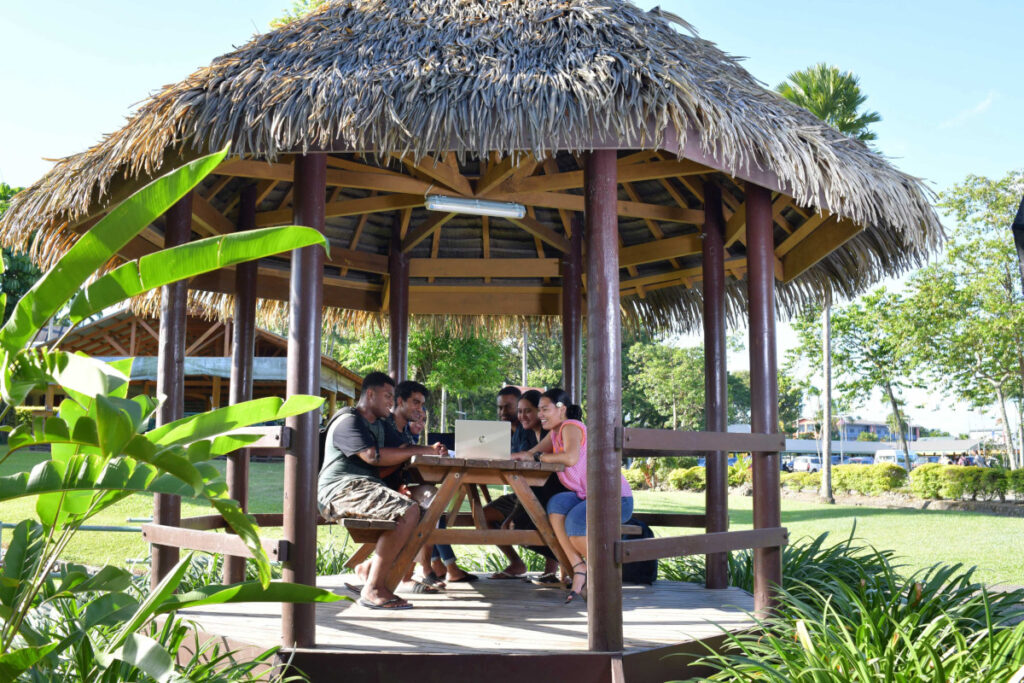The University of the South Pacific (USP) has proudly achieved a major milestone, securing 7th place globally in the Student Support and Engagement category of the 2025 World University Rankings for Innovation (WURI).

The category focuses on initiatives that support students’ success by promoting well-being, inclusion, and participation, while offering scholarships to reduce financial stress and help them focus on their studies.
WURI evaluates how universities around the world contribute to industry and society through research, innovativeness, and impact. The rankings span 16 categories, highlighting the diverse and innovative approaches institutions take to create real-world impact.
USP also ranked 67th in Student Mobility and Openness and received an overall ranking of 116th out of the Global Top 400 Innovative Universities.
USP Vice-Chancellor and President, Professor Pal Ahluwalia, acknowledged the achievement, adding that the University community was proud to be ranked for the fifth year in a row.
To be ranked among the world’s best for student support and engagement reflects our unwavering belief in putting students first. At USP, we’ve always remained committed to shaping successful futures.
This recognition is a powerful reminder that our commitment to innovation, student support, and regional impact is making a real difference. I am incredibly proud of our staff and students for showing the world what USP stands for.
Programmes offered at USP are guided by the needs of our students and our region. Being recognised on the world stage through this international ranking is a reflection of our purpose-driven approach to higher education.
Professor Ahluwalia added that the achievement complemented the University’s recent reaccreditation by the Western Association of Schools and Colleges (WASC) Senior College and University Commission (WSCUC) for a period of eight years.
These global achievements reflect our commitment to academic excellence, innovation, and the unique role we play in advancing higher education across the Pacific and beyond.
As part of its submission, USP submitted details on various programmes at the institution, including the Pacific Engagement Cultural Immersion Programme (PECIP), ACIAR Pacific Agriculture Scholarship Support and Climate Resilience (PASS-CR) Program, Norway-Pacific Ocean-Climate Scholarship Programme (N-POC), JENESYS Project and other student exchange and mobility initiatives.

